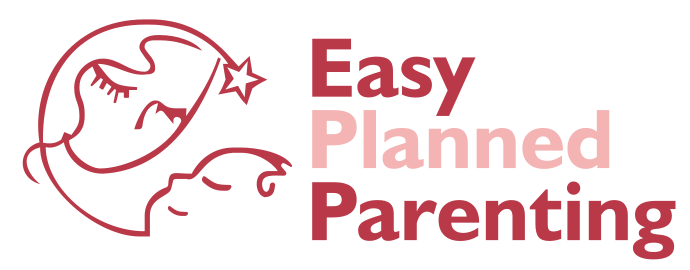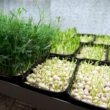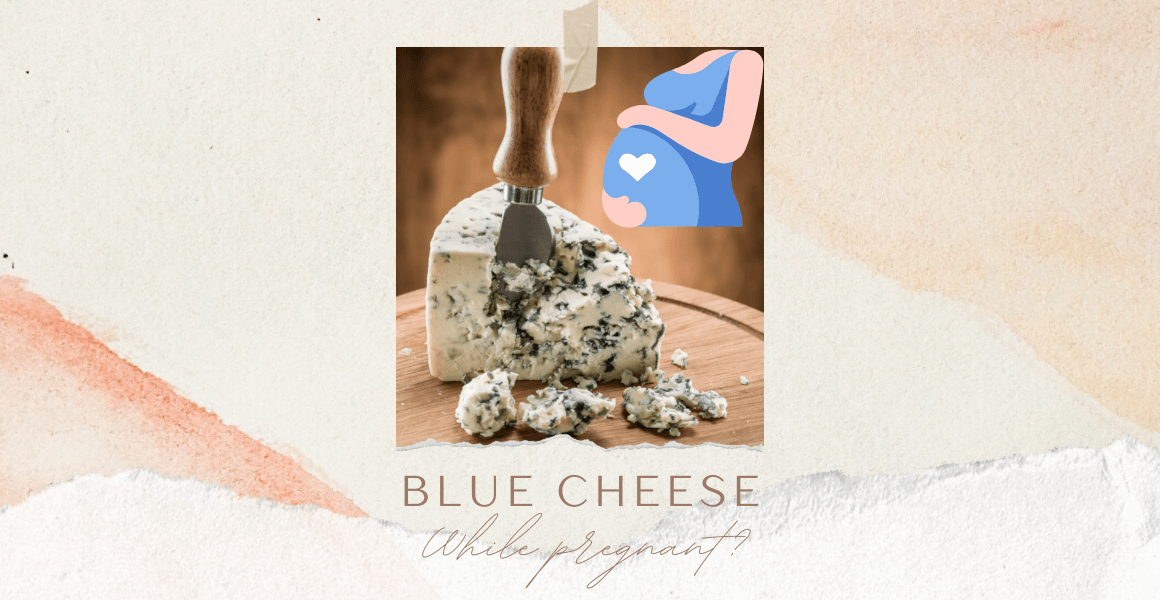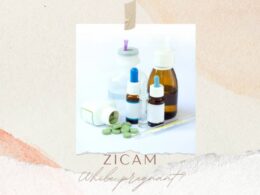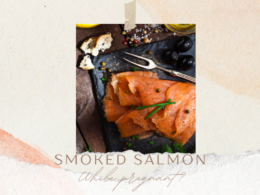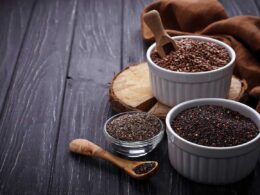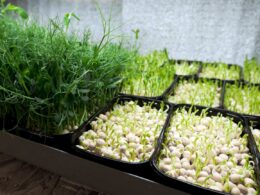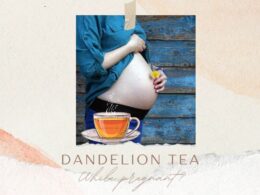Key Takeaways
- Avoid unpasteurized blue cheese, made from raw milk ❌
- Blue-veined cheese can be safe to eat during pregnancy if it’s hard or cooked until hot ✔️
- Pasteurized dairy products are generally safe, but some guidelines (e.g. in the UK) warn against even eating pasteurized blue cheeses ⚠️
The Safety of Blue Cheese During Pregnancy
Many women ask themselves the question “can I eat blue cheese while pregnant?”, and to any of you wondering “why not?”, we’ve got sad news. Since blue cheese contains a higher level of moisture, it’s a perfect breeding ground for Listeria.
These bacteria can cause a serious illness known as listeriosis, particularly in pregnant women. Listeria infection can lead to miscarriage, stillbirth or preterm labor, and it can also be passed from mother to baby during pregnancy, which can cause infection and even death.
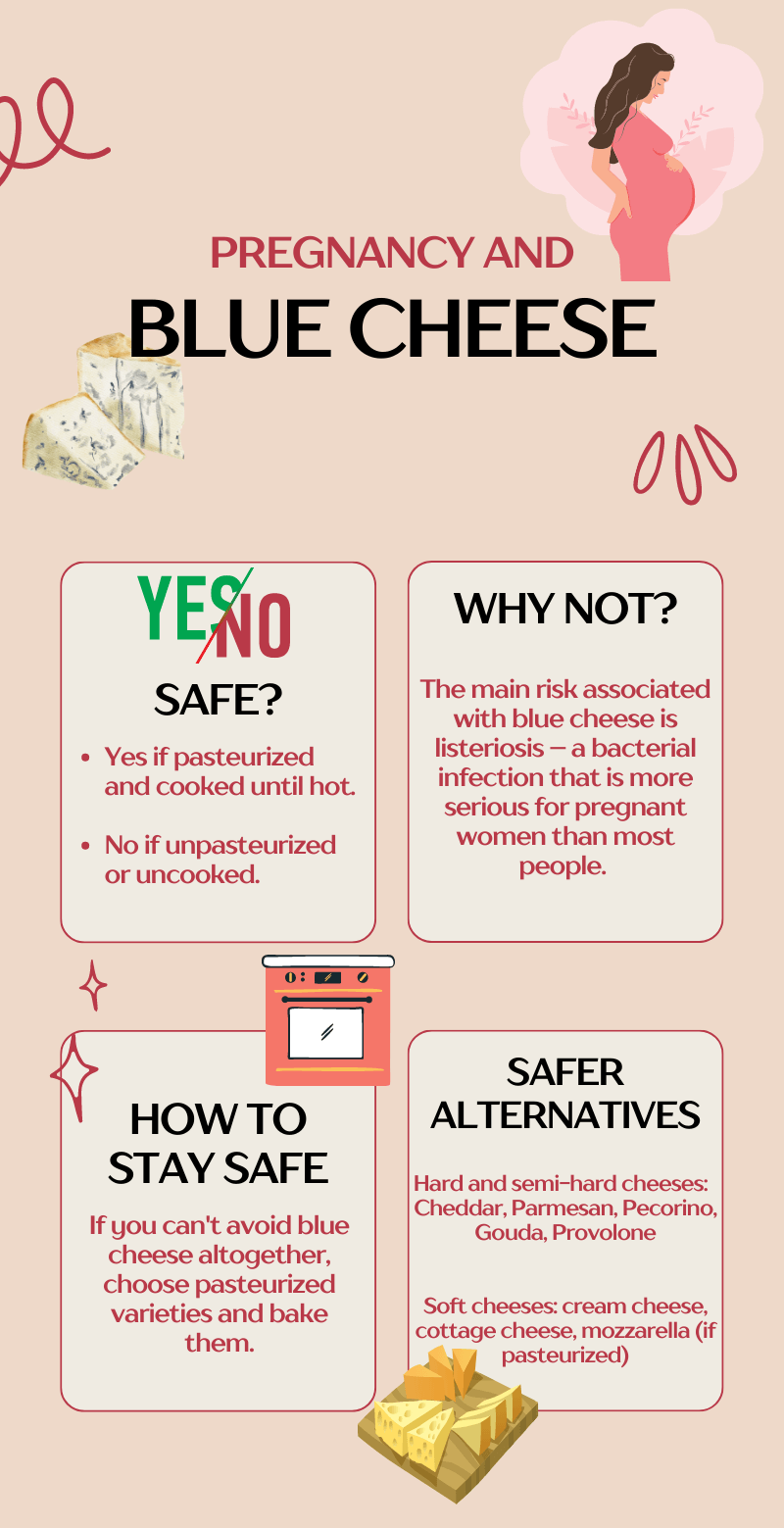
Can You Have Blue Cheese While Pregnant?
In general, can you eat blue cheese while pregnant? It depends on who you ask, so you may want to avoid it completely. There are other types of cheese that are safe to eat during pregnancy, so there’s no need to take the risk with blue cheese.
If you love blue cheese and simply can’t give it up, make sure to choose one made from pasteurized milk and thoroughly cook it before eating it, as this will kill any harmful bacteria. However, some experts recommend that even cooked blue cheese – or any other soft cheese – be avoided during pregnancy.
Exception 🔍
There is a small exception to the safety of blue cheese during pregnancy. Most types of blue cheese are soft, and therefore, unsafe. But hard cheese, in general, is safe to eat. Consequently, hard blue cheese is safe as well – for example, some types of Stilton are hard.
How to Cook Blue Cheese While Pregnant?
One way to make sure that blue cheese is safe to eat is to cook it until it reaches an internal temperature of 160°F. If you want to eat it while pregnant, we recommend you bake it. This is the only way to ensure all the bacteria is killed. For example, if you cook it in a sauce, or mix it with hot pasta, the temperature could be too low. In addition to that, don’t ever microwave blue cheese. It will not kill the bacteria.
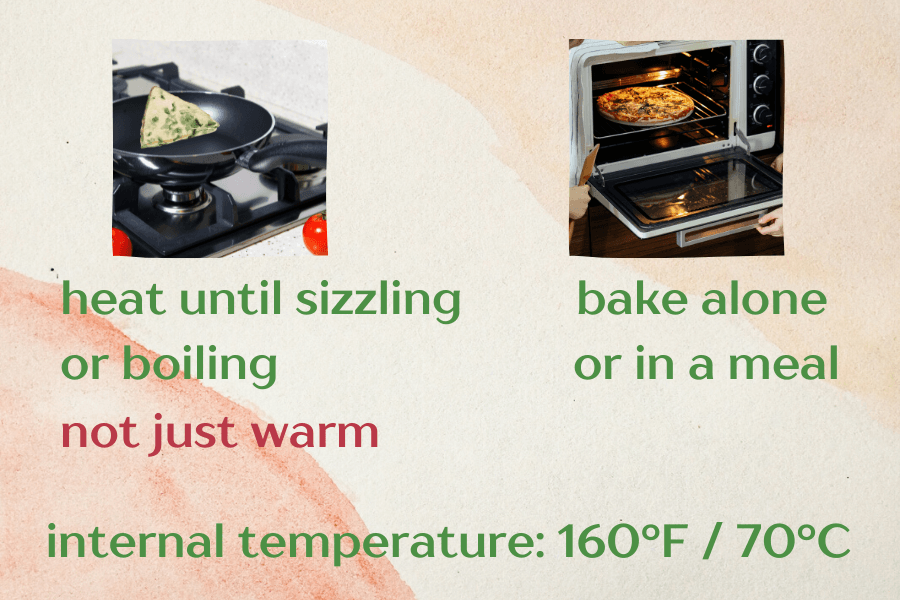
Types of Blue Cheese to Avoid
Pregnant women must navigate the variety of cheeses to determine what is safe for them and their child. Blue cheese should be approached with caution; while pasteurized versions are generally okay, it’s important to check labels before purchasing. Products made with unpasteurized milk might cause listeriosis, which is dangerous to pregnant women and their unborn babies.
Gorgonzola, Danish blue, Roquefort and other blue cheeses all carry risks when eaten during pregnancy, so they’re best avoided according to some guidelines. That’s unless you cook them – blue cheese dressing may be unsafe, but baking the cheese on top of a casserole will kill Listeria or other harmful bacteria.
A Safe Alternative to Blue Cheese
Can you eat blue cheese while pregnant? Yes, if it’s vegan! Actually, most varieties of vegan cheese are safe to eat during pregnancy, except for those made with unpasteurized nuts or soy. Vegan blue cheese is often made with pasteurized cashews, making it a safe choice for pregnant women. But again, check the label of any product to make sure that it doesn’t contain any unpasteurized ingredients.
Can You Eat Blue Cheese While Pregnant? Key Takeaways
For expectant mothers, the debate over blue cheese can be a confusing one. On the one hand, its rich flavor and creamy texture make it especially tantalizing for pregnant women who may have cravings for unique flavors. Conversely, though, there is always some risk of harmful bacteria present that could potentially put both mother and child at risk.
Ultimately, each woman’s individual health should be taken into consideration when deciding whether or not to enjoy this tangy treat during her pregnancy. Consult with your healthcare provider before indulging!
Can you eat blue cheese while pregnant? Maybe, but only if you choose it carefully. We hope you’ve found this article useful. Thanks for reading!
FAQ: Blue Cheese and Pregnancy
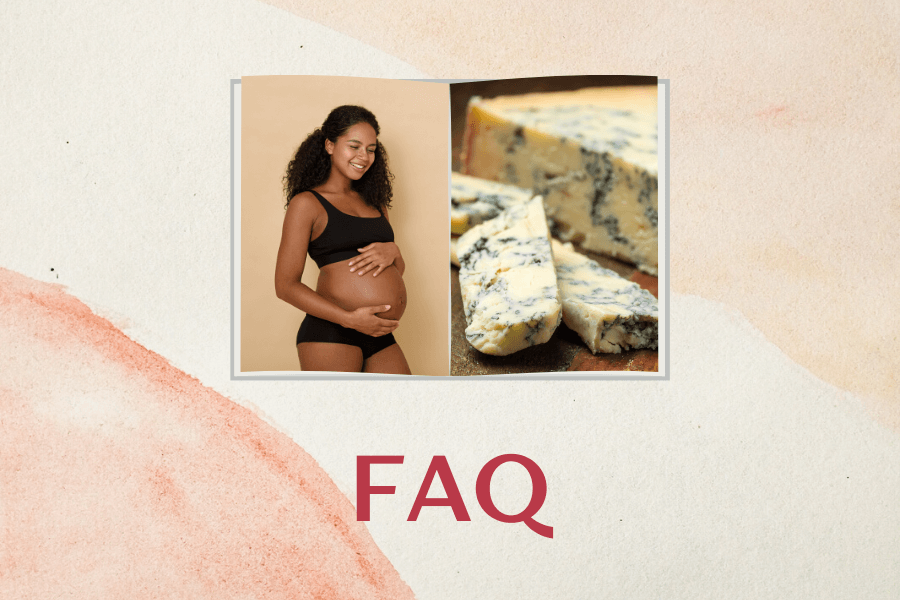
Is Most Blue Cheese Pasteurized?
Unfortunately, no. Most blue cheeses, especially traditional Italian and French products, are made from unpasteurized milk. This means they’re more likely to contain harmful bacteria such as Listeria than other cheeses.
How Common Is Listeria in Blue Cheese?
It depends on where you live and how strict the manufacturing processes are. It’s estimated that Listeria occurs 50–160 times more frequently in unpasteurized cheeses than pasteurized ones. Pregnant women are also 20 times more likely to get listeriosis than the general population. It’s hard to say how common the bacteria is in blue cheese products, but hopefully, these numbers have encouraged you to choose your food carefully during pregnancy.
What If I Accidentally Ate Gorgonzola Cheese While Pregnant?
Don’t panic! If you had a small amount, there’s likely no cause for alarm. Still concerned? Consult your doctor to make sure that everything is alright. For moms-to-be and those with weakened immune systems, it’s best to go for pasteurized products as an added precautionary measure.
How Common Is Listeria in Pregnancy?
It’s estimated that 1,600 people get listeriosis every year, and 1/6 of those are pregnant women. So about 270 pregnant women per year get Listeria. Compared to more than 3 million pregnancies every year, that’s a very small number.
Does All Blue Cheese Have Listeria?
No. Listeria is actually rare in blue cheeses, though more frequent than in other cheeses. Enjoy your cheese before its expiration date and keep it stored in the refrigerator. By taking preventative measures like these, you can reduce your odds of being exposed to Listeria contamination.
Similar Posts:
- Can I Eat Brie While Pregnant? Potential Risks and When It’s Safe
- Can You Eat Cheesecake While Pregnant?
- Can I Eat Subway While Pregnant? Safe Sandwiches During Pregnancy
- Can I Eat Deli Meat While Pregnant? Is Lunch Meat Safe to Eat?
- I Drank Unpasteurized Apple Cider Vinegar While Pregnant! What to Do?
